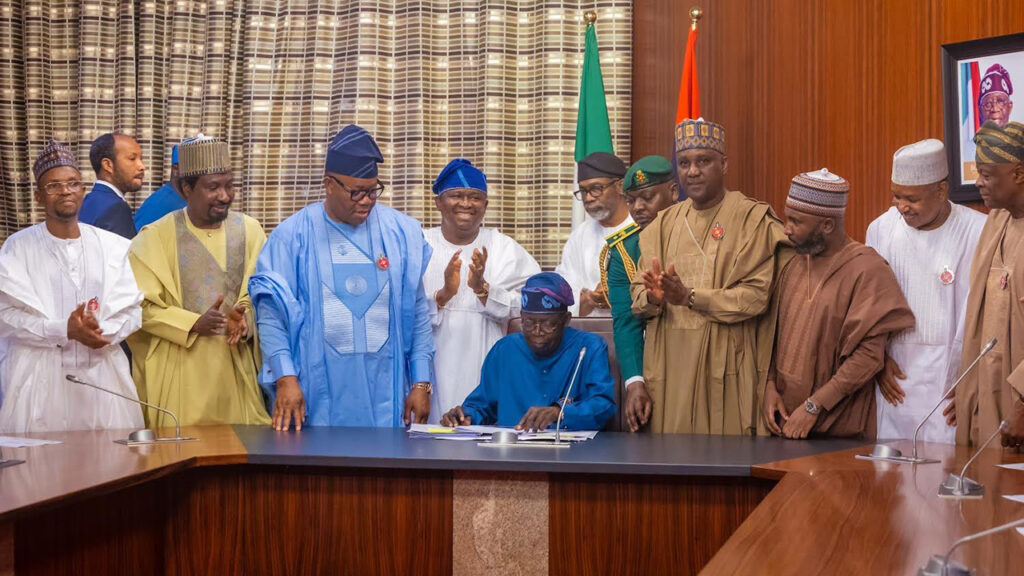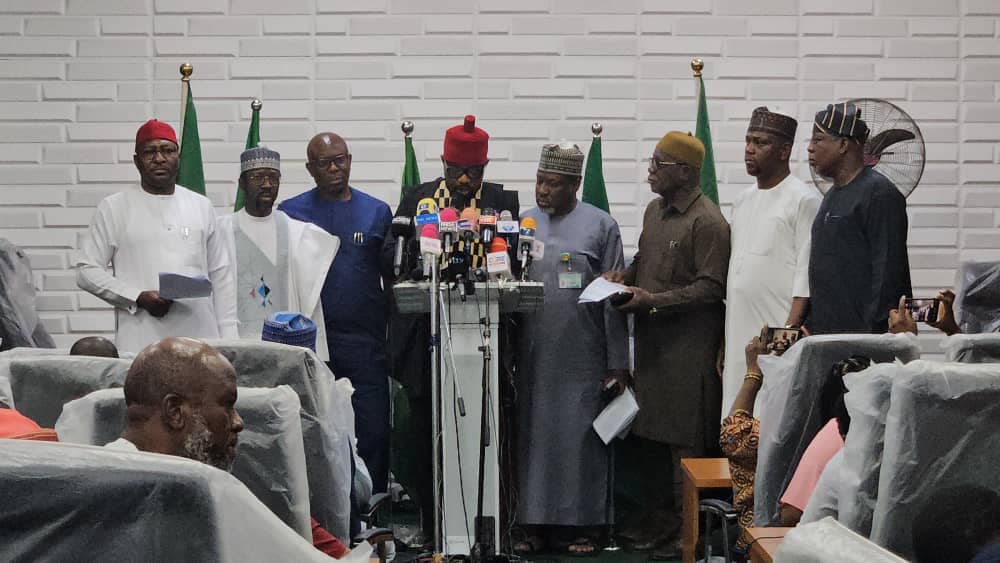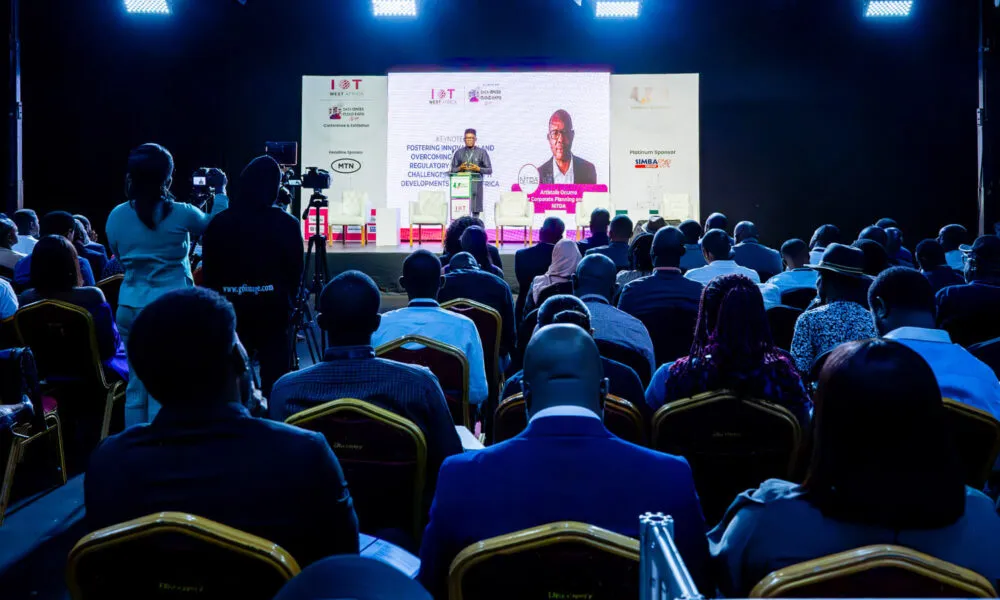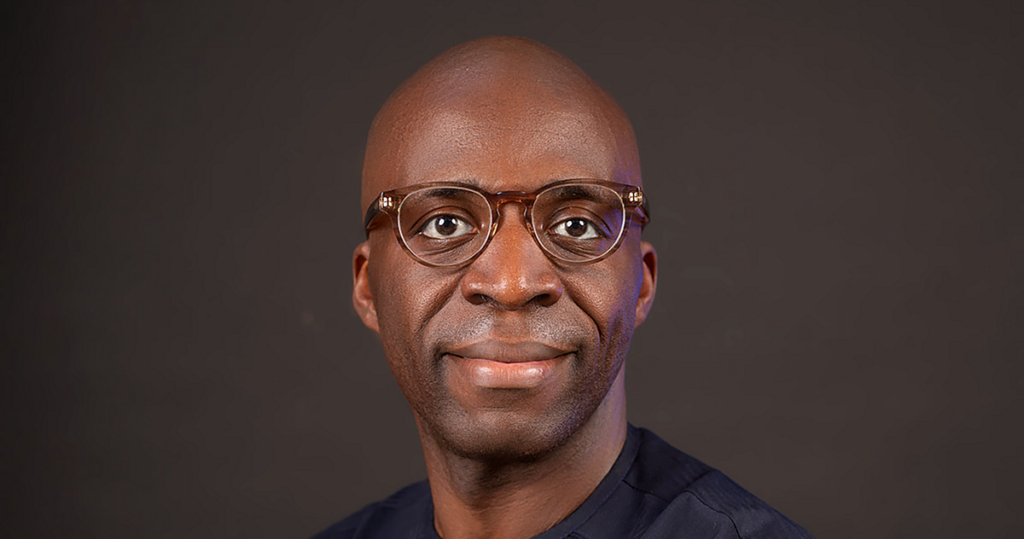
• Experts call for alignment of execution, reality
• Urge govt to boost tax revenue, curb crude oil theft
• Budget falls short of growth aspiration, says Utomi
President Bola Tinubu, yesterday, signed the adjusted N28.78 trillion budget into law, an action that may have reset the budget cycle to January-December.
The amount is about 32 per cent higher than the original 2023 budget (N21.83 trillion), excluding the supplementary and subsequent adjustment. But in real terms, the budget is far lower than that of last year. For instance, naira has witnessed over 50 per cent depreciation in the past one year. Hence, last year’s budget, which was about $49 billion, is over 30 per cent higher than the dollar equivalent of the 2024 budget (about $32 billion).
At 28.2 per cent, inflation rate may have also made a mess of the real value of the budget. Using last year as the base year, the value of the budget is a little above N20 trillion.
Tinubu assented to the bill at the State House, Abuja, yesterday, shortly after returning to Abuja from Lagos, according to a statement issued by his spokesman, Ajuri Ngelale.
The top priorities of the 2024 budget of N28.78 trillion are defence and internal security, job creation, macro-economic stability, improved investment environment, human capital development, poverty reduction and social security, the presidency said.
Speaking at the signing of the bill, the President assured Nigerians that the implementation of the budget would be efficiently pursued and vigorously monitored as “all the institutional mechanisms shall be held to account in ensuring diligent implementation.
“All MDAs have been directed to take responsibility and provide monthly budget performance reports to the Ministry of Budget and Economic Planning, which in turn shall ensure the veracity of such. The Minister of Finance and Coordinating Minister of the Economy, Wale Edun, shall hold regular reviews with the Economic Management Team and, in addition, I shall chair periodic Economic Coordination Council meetings.”
The President emphasized that his commitment to enhancing investment promotion while creating a rules-based society that favours no individual over the law begins with important reforms in the Nigerian judiciary, the funding for which is captured in the 2024 Appropriation Act.
“Funding the judiciary is a major element in our effort to support a just, rules-based society. Statutory transfer to the Judiciary has been increased from N165 billion to N342 billion,” the President said.
Key estimates are capital expenditure (N10 trillion); recurrent expenditure (N8.8 trillion); debt service (N8.2 trillion) and statutory transfers (N1.7 trillion).
Stakeholders stressed the need for the government to align its execution with macroeconomic realities in a manner that will achieve goals congruence.
Vice President of Highcap Securities Limited, David Adonri, said that the implementation of the budget would define how well its policies are translated into reality.
However, he noted that the expeditious passage of the 2024 budget and speedy assent by the president demonstrates that the government is eager to meet its economic objectives without any delay.
Adonri recalled that the adjustments in the budget by NASS, which increased expenditure by about N1.2 trillion after adjusting the assumption for the exchange rate upward, made many concerned stakeholders request that Tinubu withhold his assent until the ill-advised adjustments were reversed. He suggested that since the President had gone ahead to assent, the onus lies on him to obey the appropriation act notwithstanding the distortion the adjustments can inflict on the economy.
“Another area of concern is the expansionary nature of the budget amidst challenges on the revenue side. A recourse to further borrowing, which DMO had earlier warned against, may become inevitable to finance the increased deficit thus worsening FGN’s precious debt overhang.
“From a macroeconomic perspective, the excessive spending that may arise from this budget can thwart CBN’s contractionary monetary policy to rein in inflation,” he said.
Further, Adonri noted that jerking up the exchange rate assumption by NASS, if adopted as a revenue-making strategy to finance the budget, has negative implications on price stability as rising cost of imports will push up inflation and interest rates against the cardinal economic goals of this administration.
A political economist, Prof. Pat Utomi, said since independence, the budget process has not focused on economic growth. According to him, Nigeria needs to adopt a serious national planning that would help to unlock the country’s potential in all sectors of the economy for sustainable, holistic and inclusive national development.
“We need to return to serious national planning with a clear goal of where we are going. I mean a national plan where certain goals suit certain levels of economic performance and systematically use the budget to drive towards the main goal.
“It should be a budget process that would look at open economy and must be how the private sector will stimulate a certain level of infrastructure which would be accommodated by incentives but we have not been as thorough in that regard as we used to be in the 60s,” he said.
Founder/CEO of the Centre for the Promotion of Private Enterprise (CPPE), Dr Muda Yusuf, commended the federal government for resetting the budget cycle to January to December.
He, however, stated that the government could only meet revenue targets if it pursues vigorous tax administration efficiency and ensures the tax net is broadened by leveraging technology. He pointed out that failure to aggressively use taxation to stimulate growth may lead to more deficits for the government.
According to him, with crude oil assumption of 1.7 million barrels, coupled with Nigeria’s OPEC quota reduction to 1.5 million barrels, there is a need for government to also sustain the momentum of stopping oil theft, which has continued to rob the country of vital revenue that could be invested in infrastructure development and social welfare programs.
“We must commend the prompt passage of the budget but we need to work harder to ensure revenue targets are met. This is the biggest challenge in the budget.
“We need to address investment issues in Nigeria to boost revenue. Over the last few years, non-oil revenue has been coming from taxes by corporations, if we create a more conducive business environment for companies, non-oil revenue would increase.”
Further, he said the government must ensure quarterly assessments of the progress made in execution to give room for further review of processes and forestall deficits.











